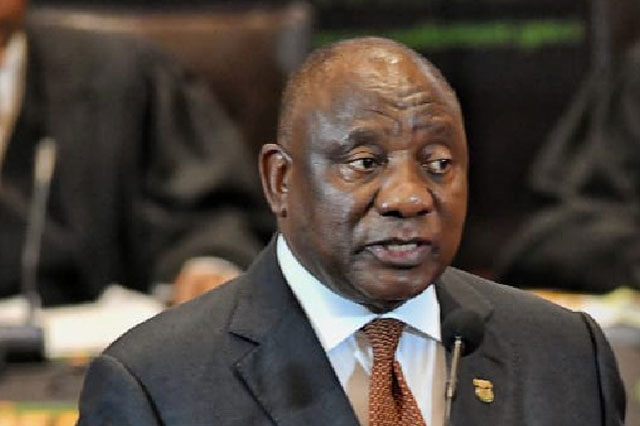Cape Town – The South African government has established a partnership with businesses to collaborate in four critical areas: energy, logistics, crime and corruption, and employment, with the aim of boosting ongoing economic recovery efforts.
President Cyril Ramaphosa said this on Monday while addressing the nation on the progress of the Economic Recovery Plan.
The Economic Recovery Plan was launched three years ago to address economic challenges exacerbated by the Covid-19 pandemic.
“We continue to collaborate with organised labour and civil society to ensure a whole-of-society approach to addressing the most important challenges our country faces. All of this gives us hope that we are turning the tide on the many challenges that we face,” Ramaphosa said.
Despite facing significant challenges, the president highlighted some positive signs of progress, including improvements in electricity supply, job creation, infrastructure development, and efforts to combat corruption and crime.
In the energy sector, he said that the government is working on reducing load shedding and increasing private investment in electricity generation.
“We are making progress towards ending load shedding. Our greatest priority has been to reduce the severity and frequency of load shedding to achieve energy security. Over the last few months, there has been a measurable decline in the severity of load shedding,” said Ramaphosa.
ALSO READ | November brings relief at the pump: Fuel prices to drop after 4-month high
Infrastructure projects, including social housing, road construction, and rail network modernisation, are contributing to economic growth and job creation, he said.
He said that South Africa is also focused on upgrading water infrastructure and improving its logistics system to enhance exports to global markets.
“Around the country, water treatment works are being upgraded, pumping stations are being repaired, and pipes are being laid to get water to under-serviced areas,” he said.
Private sector participation in container terminals is being introduced, and while these strategic assets will remain in public ownership, competition will increase efficiency and reduce prices in the long term.
“Progress is also being made with the introduction of private sector participation in container terminals. I want to make it clear that South Africa’s port, rail and electricity infrastructure are strategic national assets, and that they will remain in public ownership.
“However, introducing competition in operations – both in electricity and logistics – will create greater efficiency and reduce prices in the long term, just as the introduction of competition in the telecommunications sector has led to greater choice and enormous benefits for consumers,” Ramaphosa said.
Follow African Insider on Facebook, Twitter and Instagram
Picture: Twitter/@PresidencyZA
For more African news, visit Africaninsider.com
Compiled by Betha Madhomu


